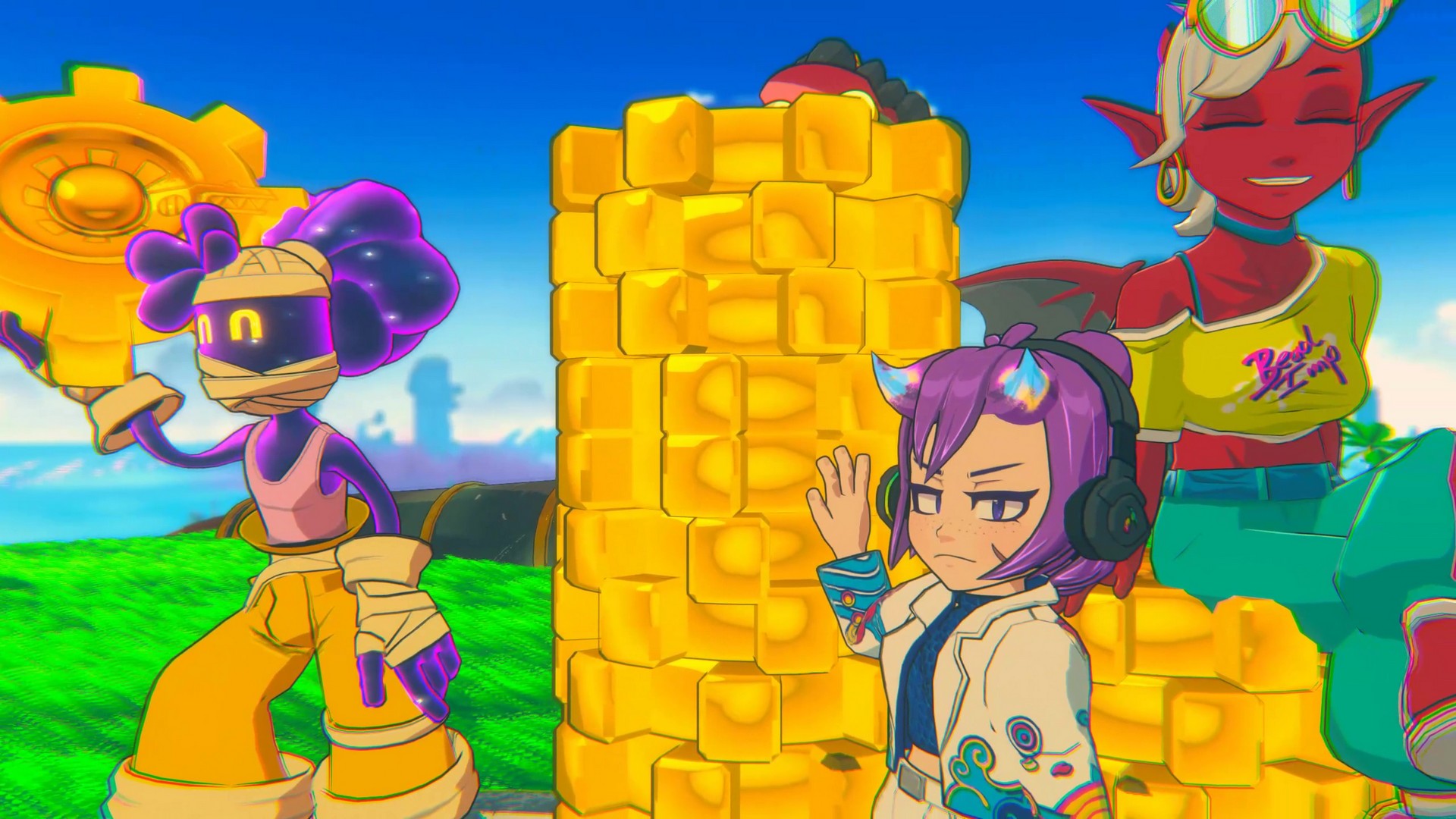Alien: Earth is shaping up to be great, but the decision to ignore Prometheus and Covenant is a mistake
OPINION | There’s plenty to love about Alien’s small screen debut, but I wish it were drawing from the entire saga
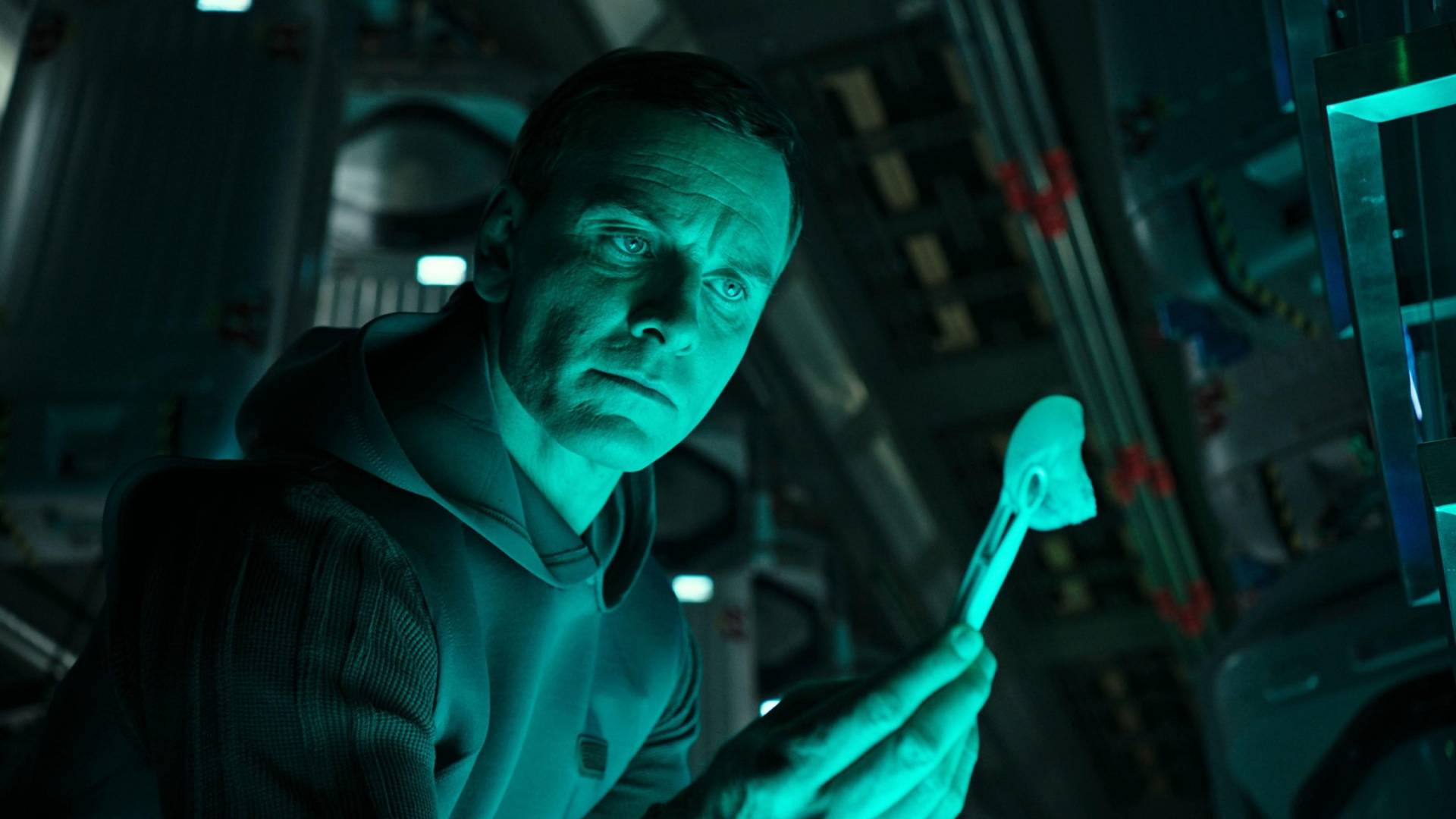
Weekly digests, tales from the communities you love, and more
You are now subscribed
Your newsletter sign-up was successful
Want to add more newsletters?

Every Friday
GamesRadar+
Your weekly update on everything you could ever want to know about the games you already love, games we know you're going to love in the near future, and tales from the communities that surround them.

Every Thursday
GTA 6 O'clock
Our special GTA 6 newsletter, with breaking news, insider info, and rumor analysis from the award-winning GTA 6 O'clock experts.

Every Friday
Knowledge
From the creators of Edge: A weekly videogame industry newsletter with analysis from expert writers, guidance from professionals, and insight into what's on the horizon.

Every Thursday
The Setup
Hardware nerds unite, sign up to our free tech newsletter for a weekly digest of the hottest new tech, the latest gadgets on the test bench, and much more.

Every Wednesday
Switch 2 Spotlight
Sign up to our new Switch 2 newsletter, where we bring you the latest talking points on Nintendo's new console each week, bring you up to date on the news, and recommend what games to play.

Every Saturday
The Watchlist
Subscribe for a weekly digest of the movie and TV news that matters, direct to your inbox. From first-look trailers, interviews, reviews and explainers, we've got you covered.

Once a month
SFX
Get sneak previews, exclusive competitions and details of special events each month!
There are two types of Alien fan: those who believe Prometheus enriched the franchise by adding layers to its in-universe mythology, and ones who claim the prequel only diluted the 1979 original's greatest asset: the way it tapped into our collective fear of the unknown.
As the seminal sci-fi series creeps its way onto TV screens with the release of Alien: Earth, my allegiance with the pro-Prometheus camp has me cursing the show's creative team and their decision to distance it from Ridley Scott's prequel and its follow-up, Alien: Covenant.
Showrunner Noah Hawley clearly knows Alien and has a firm understanding of why the acid-blooded monstrosity it introduced gave cinemagoers nightmares for years to come. His ambition with Earth is to conjure the same sense of dread we all felt when watching the Xenomorph pick off the Nostromo's crew from the shadows for the first time.
Hawley is well aware he can't do this with an entity that has become ingrained in the hivemind of pop culture like the Xenomorph, so the show aims to pull this off by introducing a menagerie of new extraterrestrial horrors alongside the iconic chestbursters.
"I want you to have that feeling, because that feeling is integral to the Alien experience," he told reporters during a recent Alien: Earth press screening. "But I can't do it with these creatures. So let's introduce new creatures where you don't know how they reproduce or what they eat, so that you can have that "I'm out' feeling multiple times a week."
Prometheus' fire extinguished
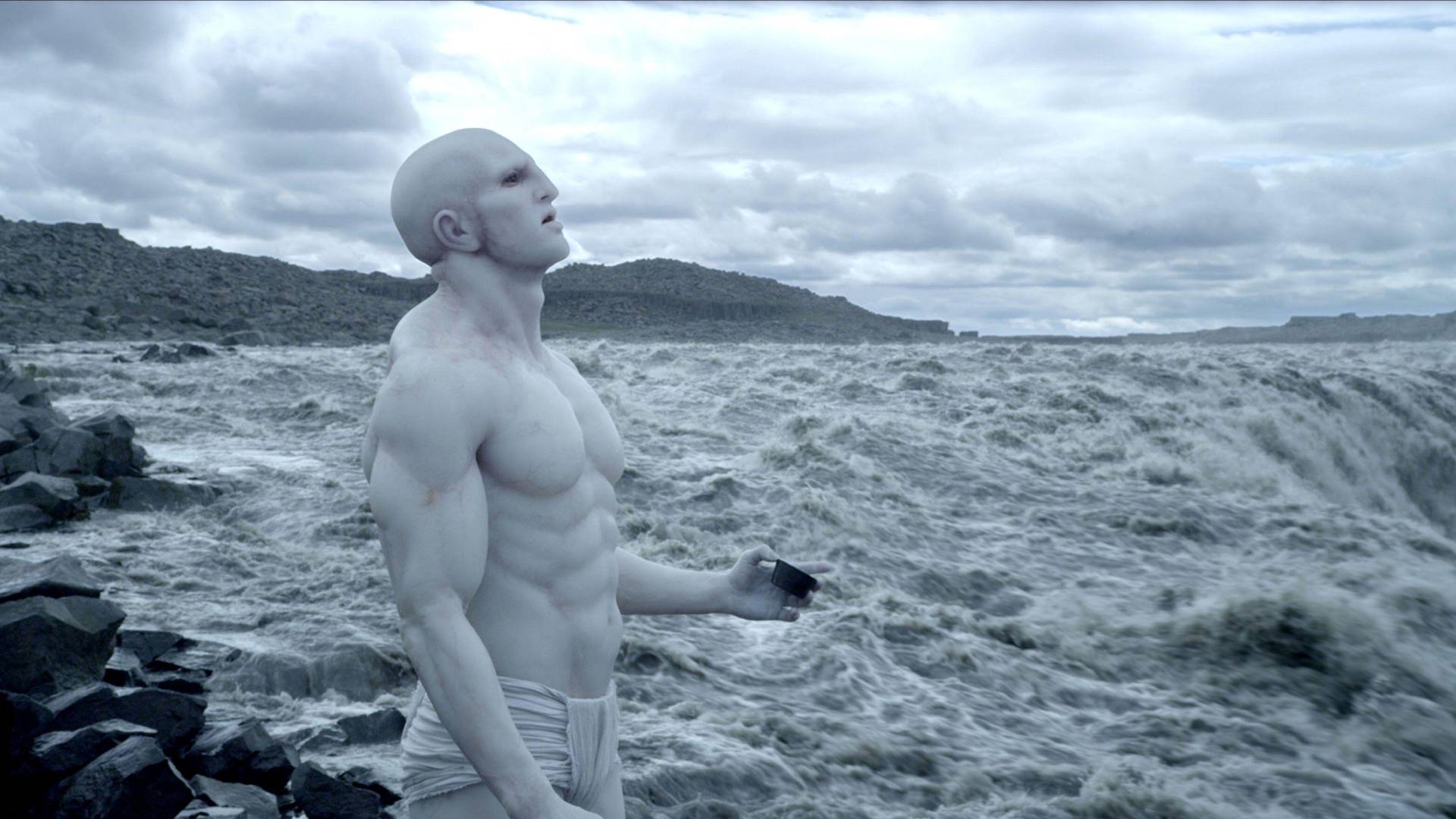
Alien: Earth cannot be criticised for being true to the classic original, but I can't shake my disappointment at recent comments Hawley made, in which he all but confirmed that the FX series has expelled any Prometheus plot elements out of the airlock.
"That first movie came out in 1979 and Prometheus came out in 2012… so you're talking about close to 40 years in which there was no black goo, no David, no Engineers," the showrunner told Empire Magazine. "Alien, for me, is baked in as these creatures that have existed for millions of years. They're the perfectly evolved species."
Personally, I'd like to have seen Alien: Earth draw elements from the length and breadth of the franchise, which has proven to be a broad church over the years – a sprawling, deep space sandbox where filmmakers can explore different genres and themes beyond its sci-fi-horror roots, just like James Cameron did with the all-guns-blazing sequel Aliens in 1986.
When Prometheus dripped its black goo into that melting pot, the series evolved into something more than a science fiction saga, albeit a hugely influential one. By introducing the godlike Engineers, Scott’s prequel posed bold questions about the origins of humankind and whether religious faith can coexist with scientific enlightenment, while adding depth to the franchise with a spattering of Judeo-Christian, Greco-Roman and Aztec mythology.
Bursting with themes that beg lengthy debate and elevated by strong performances from Noomi Rapace and Michael Fassbender as the darkly inquisitive android, David, Prometheus is one of those rare films that begs theological and existential dissection. My first viewing of it in 2012 might be the only time I've ever left a theatre locked in a discussion about the origin of life on Earth and what it would feel like to stand in the presence of our creators – inspiring this kind of conversation has to be worth something, right?
Squandered prequel potential
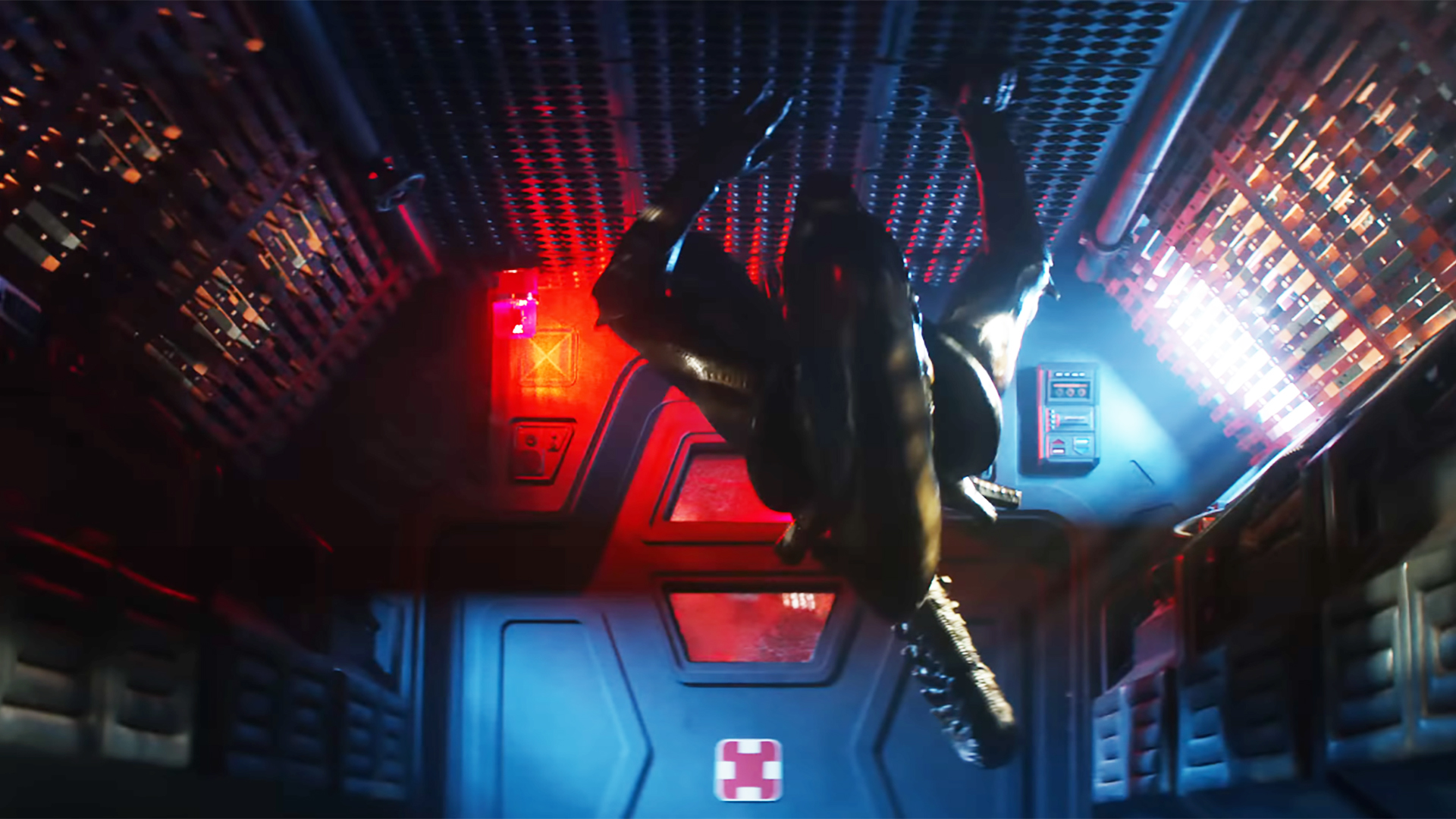
For me, it's a shame Alien: Earth won't be revisiting some of these themes and plot threads, alongside its ambitions to emulate the horror and revulsion we Alien fans felt when we first experienced Ellen Ripley's original encounter with the series' perfect organism.
The most frequent criticism I hear about Prometheus is that it robs some of the mystery from the Xenomorph. The more we know about its origins, the less terrifying it is. While this is a valid point, it's worth remembering that there were countless attempts to expand Xenomorph lore in multiple mediums long before Prometheus, and these creatures have never lost their haunting appeal or ability to inspire sleepless nights as a result.
One of the best things about Prometheus is the way it shone a light on some of the Alien series' biggest mysteries, but posed an entire new set of questions in the process. For instance, did Rapace's Elizabeth Shaw survive the events of the film because of her faith? Why did the Engineers change their mind about eradicating humankind, and how does all of this culminate in one of their spacecrafts crash-landing on LV-426 full of alien eggs?
The film's sequel, Alien: Covenant, didn’t do a great deal to address these points, but this one felt like an attempt at what studio executives believed was 'course correction'. When Prometheus proved divisive, the plan for the next movie was a return to quintessential Alien territory, what some might call retreading old ground or a dumbing down of its predecessor's theology-laden formula. It was less well received than Prometheus by every metric that counts, so there could well be a cautionary tale in there for Alien: Earth.
Unfinished business
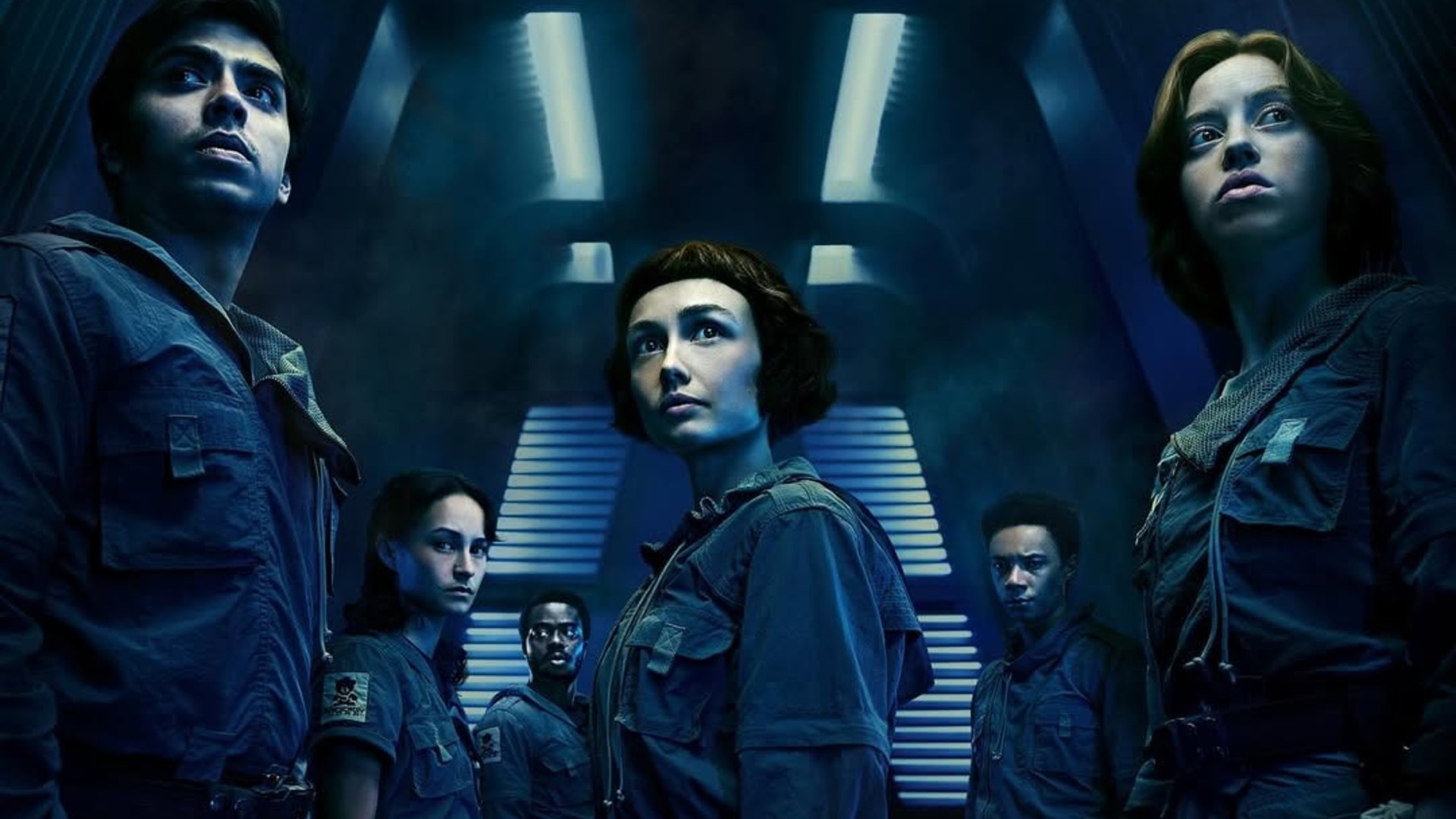
Perhaps the biggest missed opportunity that Alien: Earth squanders by distancing itself from Prometheus and Covenant is the chance to finally bridge the gap between the prequels and the original Alien, something Scott has admitted he may never get to do himself now.
"Where it's going now, I think I've done enough, and I just hope it goes further," the acclaimed filmmaker told ScreenRant when asked whether he is likely to helm another Alien.
The franchise now feels disjointed when viewed holistically. How we get from the conclusion of Covenant to the original Alien is a pair of dots on the star map that may never be joined, and Alien: Earth – despite being set in the exact timeframe to connect the dots – runs the risk of further splintering the overarching storyline.
I'm not suggesting Alien: Earth should have been a sequel to Prometheus and Covenant. It's clearly its own entity, yet dedicating one episode to tying up loose ends or skillfully weaving their resolution into the show's narrative could bring cohesion to the saga.
Last year's excellent Alien: Romulus set a good example for Alien: Earth and future instalments in the series, in the sense that it drew influence from all that came before it. While director Fede Alvarez chose not to pick up plot threads from the prequels, he didn't ignore them completely and Romulus is a better movie for it. In fact, some of its standout moments are a direct result of borrowing Prometheus' infamous DNA-bending goo.
Judging by its early reception, including GamesRadar+’s 4-star Alien: Earth review, the show is a worthy addition to one of the all-time great sci-fi franchises, but as its first season unfolds, it has work to do convincing me that shunning Prometheus was the right decision, and I'd love to see it revisit some of its themes, concepts and unresolved mysteries if the show is renewed beyond its initial run.
Alien: Earth releases on August 12 on Hulu in the US, and streams on Disney+ in the UK from August 13. For more, check out our guide about how to watch the Alien movies in order.

Mark Langshaw is an experienced freelance journalist who has been covering everything from gaming and tech, to movies and sports for various publications over the last 15 years. When he isn't writing about these things, he can usually be found consuming too much of them, or trying to explain to his four-year-old daughter why Super Mario World is humankind’s greatest achievement (unsuccessfully). Mark also writes football history books in his spare time, the first of which was published in 2023.
You must confirm your public display name before commenting
Please logout and then login again, you will then be prompted to enter your display name.
